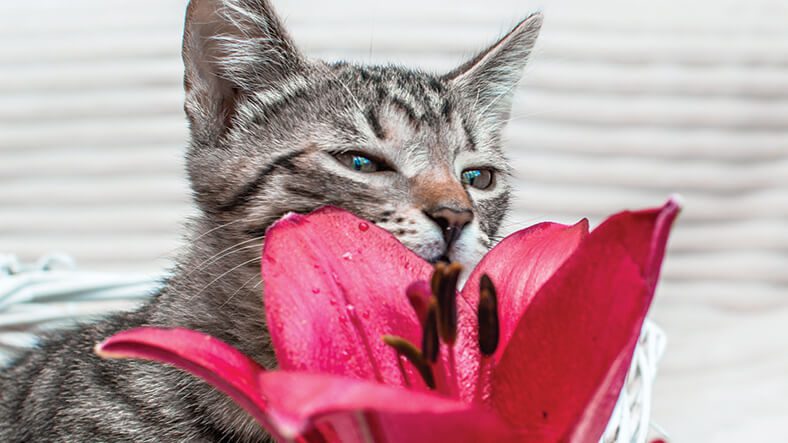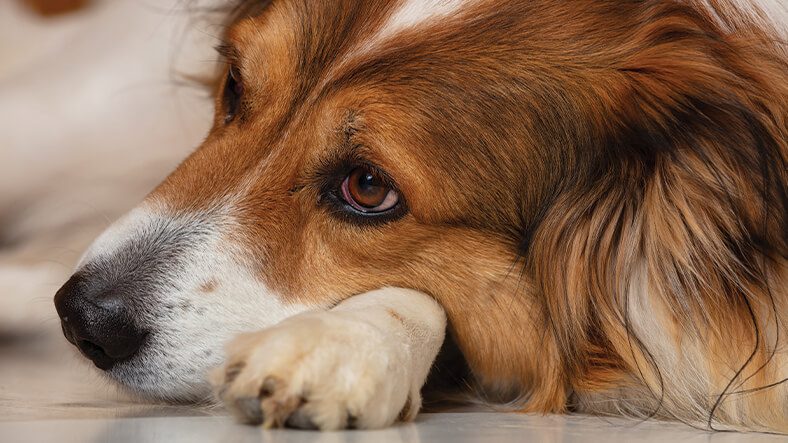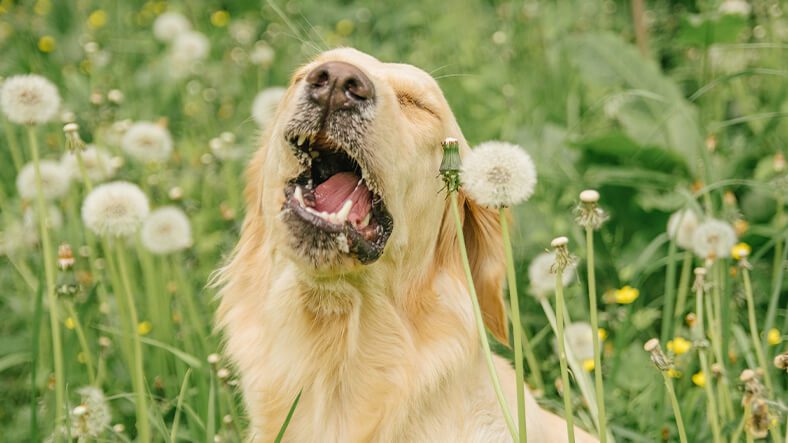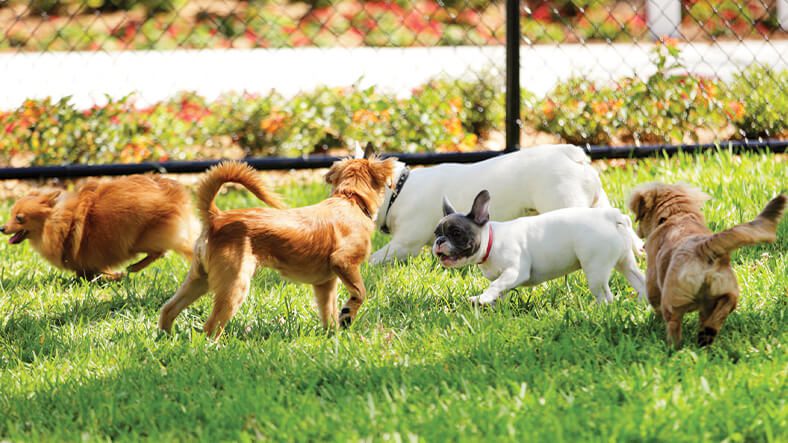7 Plants Toxic to Cats That Could Be in Your Home or Garden
Caring for your cat means knowing what’s safe and what could harm them, especially when it comes to the plants you keep in your home or garden. Keeping these plants away from your beloved pet can help ensure they live a safe and healthy life. If you ever suspect your cat has come into contact with a dangerous plant, The Village Vets in Plymouth Meeting, PA, is here to help. Just give us a call at (484) 820-1700 for advice or to schedule an appointment.

Why Knowing Toxic Plants is Important
Cats are curious creatures by nature, often exploring and nibbling on plants. Unfortunately, some plants can cause harm to our cats, ranging from mild irritation to serious health issues. Knowing which plants are harmful and keeping them out of reach can protect your cat from accidental poisoning. The Village Vets team urges you to learn about these plants and to reach out if you need guidance or if an emergency arises.
Common Toxic Plants
Here are some plants you might have in your home or garden that could be harmful to your cat:
- Lilies (Lilium spp.) – Lilies are particularly dangerous for cats. Even a small bite can lead to kidney damage. It’s best to avoid these flowers entirely if you have a cat.
- Sago Palm (Cycas revoluta) – All parts of this plant are toxic, but the seeds are the most dangerous. Ingesting it can lead to vomiting, diarrhea, and even liver failure in cats.
- Tulips (Tulipa spp.) – The bulb of the tulip contains toxins that can cause mouth and stomach irritation, leading to drooling, vomiting, and diarrhea.
- Azaleas (Rhododendron spp.) – Eating even a few leaves can cause oral irritation, vomiting, diarrhea, and weakness in cats.
- Oleander (Nerium oleander) – All parts of the oleander plant are toxic and can lead to severe symptoms like vomiting, heart issues, and even death.
- Daffodils (Narcissus spp.) – The bulbs of daffodils contain compounds that can cause vomiting, diarrhea, abdominal pain, and even heart problems or breathing difficulties.
- Dieffenbachia (Dumb Cane) – This common houseplant can cause oral irritation, intense burning and irritation of the mouth, lips, and tongue, difficulty swallowing, and vomiting in cats.
Signs of Plant Poisoning in Cats
Knowing the signs of plant poisoning can be a lifesaver. If your cat has ingested a toxic plant, they might show symptoms like vomiting, diarrhea, drooling, lethargy, or difficulty breathing. In such cases, immediate action is required. Contact The Village Vets at (484) 820-1700. right away for advice and assistance.
Preventing Plant Poisoning
The best way to protect your cat is to prevent exposure to toxic plants. Before bringing any new plant into your home or planting something new in your garden, check if it’s safe for cats. Keep potentially harmful plants out of reach or consider opting for cat-safe alternatives.
What to Do If Your Cat Ingests a Toxic Plant
If you suspect your cat has ingested a toxic plant, it’s important to act quickly. Try to identify the plant and call The Village Vets immediately for advice. Do not try to treat your cat at home without professional guidance.
Call The Village Vets – Plymouth Meeting for Help
Keeping our cats safe means being mindful of the environment we create for them, including the plants we choose for our homes and gardens. By staying informed about plants toxic to cats, we can prevent accidental poisonings and keep our pets healthy. Should you ever need assistance or have concerns about your cat’s health, The Village Vets in Plymouth Meeting, PA, is here to support you. Don’t hesitate to reach out by calling (484) 820-1700. Let’s work together to create a safe and loving home for our pets.
Recent Posts
About The Village Vets
The Village Vets of Plymouth Meeting offers excellent service to clients in a comfortable, friendly atmosphere. To learn more about us and how we can better serve you and your pet here in Plymouth Meeting, PA, click the button below.
Share This Post
Recent Posts
About The Village Vets
The Village Vets is a network of three animal hospitals based in Atlanta, GA and the surrounding area. We offer honest, excellent service to our clients in a comfortable, friendly atmosphere. To learn more about our locations and how we can better serve you and your pet, click the button below.




